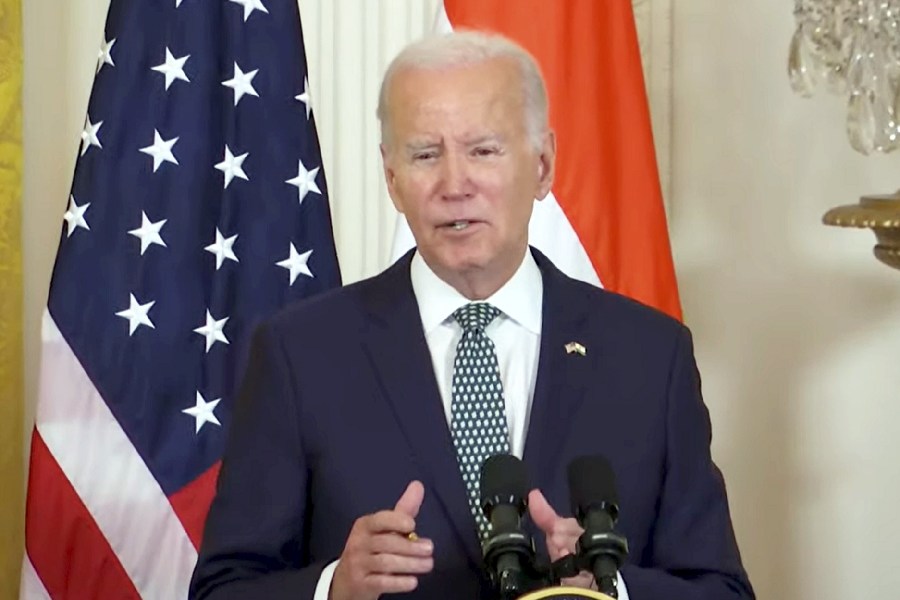Access to the widely-used abortion pill mifepristone must be restricted, a US appeals court ruled on Wednesday.
Mail-order access to the drug is set to end under the federal appeals court ruling.
However, the decision cannot take effect until the Supreme Court weighs in, which could occur in its upcoming term from October to June.
It is the latest legal case in the battle over abortion access and women's rights in the United States.
What did the court rule?
The New Orleans-based 5th US Circuit Court of Appeals stopped short of ruling that the drug must be withdrawn from the market completely. A lower court was keen to do just that and revoke the Food and Drug Administration's (FDA) 23-year-old approval of mifepristone.
But the court on Wednesday left intact part of the ruling that would end the availability of the drug by mail, allowing it to be used through only the seventh week of pregnancy rather than the tenth, and require that it be administered with a doctor's formal approval.
FDA in the crosshairs
The scope of the FDA's ability to make decisions concerning medications and their availability is also at the heart of the case.
"In loosening mifepristone's safety restrictions, FDA failed to address several important concerns about whether the drug would be safe for the women who use it," Judge Jennifer Walker Elrod wrote.
She was joined as a signatory by Judge Cory Wilson. Judge James Ho dissented, though, arguing to fully uphold a Texas- based federal judge's April ruling that would revoke the drug's approval entirely.
Anti-abortion groups have sought to get the drug banned, claiming that the medication is unsafe despite its long track record in the US.
Katie Daniel, state policy director of the anti-abortion group Susan B. Anthony Pro-Life America, welcomed the ruling.
"The FDA ignored science and its own rules when it rubber-stamped Democrats' reckless mail-order abortion scheme," Daniel said.
Rights groups decry ruling
US President Joe Biden's administration said it would appeal the latest ruling. Vice President Kamala Harris warned that the ruling could set a dangerous precedent not only for abortion rights, but for the availability of other medications.
"It endangers our entire system of drug approval and regulation by undermining the independent, expert judgment of the FDA," Harris said in a statement.
Reacting to Wednesday's decision, the Center for Reproductive Rights said there is "scientific CONSENSUS on the exemplary safety and efficacy of mifepristone. Medication abortion is used in over half of all abortions in the US and the imposition of outdated, unscientific restrictions will harm millions of the most vulnerable pregnant people in the US."
The FDA estimates that some 5.6 million Americans have used mifepristone to terminate pregnancies after it was approved in the year 2000.












